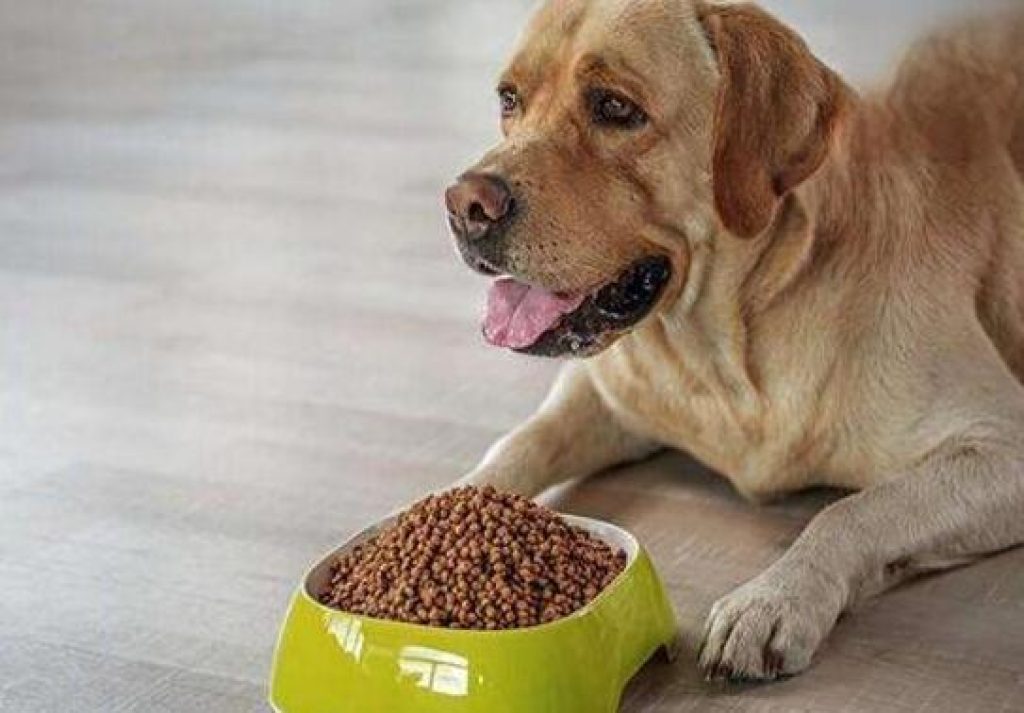
Frequently changing the dog’s food is a relatively unscientific way of feeding, because different dog foods have different ingredients. Frequent and sudden changes in the dog’s food can easily lead to gastrointestinal intolerance, diarrhea, vomiting, loss of appetite and other symptoms. Then Under what circumstances should you change your dog’s food? Today, Dr. Oxypet will give you some popular science on the time points when you need to change your dog’s food.

1. When should you change your dog’s food?
1. Infancy
Newborn puppies should be fed with breast milk or goat milk powder. When the dog is about 1.5-2 months old, it enters the weaning period. It needs to be fed puppy-specific dog food, or soaked in warm water or goat milk. Soft dog food for dogs.
2. Adulthood
After a dog reaches 1 year old, it officially enters adulthood. If you continue to eat puppy dog food, it is prone to overnutrition, leading to excessive obesity . Therefore, we need to change the dog’s food in time and feed it adult dog food that is suitable for the dog’s size.
3. Old age
After dogs enter old age, their gastrointestinal function begins to decline, their digestion slows down, nutrients are lost quickly, and their teeth begin to fall out. At this time, dogs should be replaced with elderly dog food that is softer, easier to digest, and rich in nutrients.
4. Coat color becomes darker
Dogs fed the same kind of dog food for a long time are prone to lack of certain trace elements. If the pet owner finds that the dog’s hair gradually becomes dull, rough, and easy to fall off, it means that the dog’s body lacks omega-3. It is recommended to change to dog food with higher omega-3 content in time, and to appropriately supplement the dog with fish oil, vitamins and other nutrients.
5. Physical deterioration
If your dog’s physical strength gradually deteriorates, or his immunity is relatively low, he gets tired easily during exercise, and often gets sick, it may be that the nutritional content of his daily dog food is insufficient. It is recommended that the dog be replaced with dog food with higher nutritional value. Dogs get plenty of energy.
6. Excessive obesity
Feeding dog food with high nutritional value, protein and fat content for a long time is more likely to cause excessive obesity in dogs. Obese dogs have a higher probability of developing diseases such as hyperlipidemia, hyperglycemia, and heart disease. Therefore, pet owners need to promptly switch their dogs to lower-calorie dog food and increase their dog’s amount of exercise.
2. What should you pay attention to when changing your dog’s food?
The brand of dog food does not need to be changed frequently. If the dog is already accustomed to eating a certain kind of dog food, and there are no other abnormal phenomena, it is not recommended to change the dog’s food suddenly. If it is necessary to change the dog’s food , you should also refer to the dog’s seven-day food change method, and replace the dog’s new food in a step-by-step manner to avoid sudden changes in food that cause intestinal discomfort in the dog, causing vomiting, diarrhea, loss of appetite and other abnormal digestive disorders.
The above is the relevant content about changing the dog’s food. If the dog develops symptoms of discomfort after changing the food, it is recommended to consult an online pet doctor in time.







